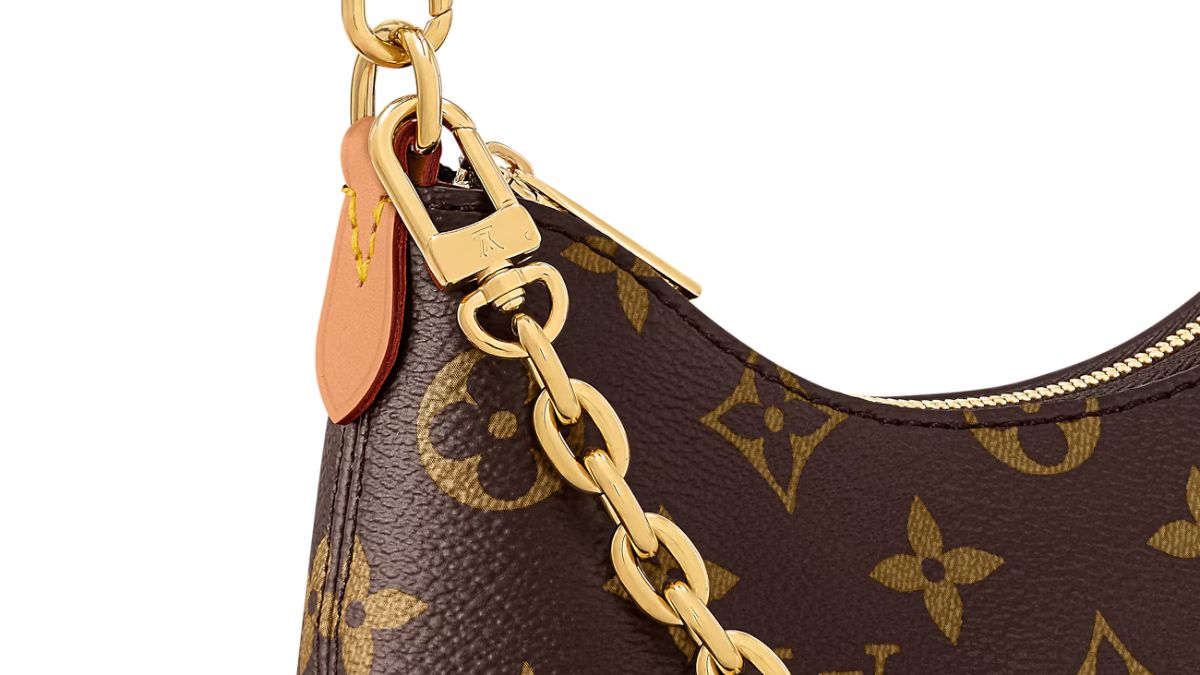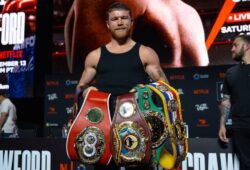
The renowned luxury brand Louis Vuitton, part of the French conglomerate LVMH, has been named as a suspect in a money laundering investigation in the Netherlands. The Dutch Public Prosecution Service (Openbaar Ministerie, OM) reported that approximately 3 million euros in criminal proceeds may have been laundered through the company’s Dutch stores. This information was first published by the Dutch outlet Algemeen Dagblad (AD) and later picked up by The New York Times.
Dutch authorities allege that for nearly two years, a client identified as Bei W., a Chinese national and resident of Lelystad, purchased luxury goods from Louis Vuitton stores using large sums of cash, without the brand triggering any alerts or requesting identification.
ALSO READ. Candace Owens sued: What did she say about French President Emmanuel Macron’s wife?
How did the money laundering scheme operate through Louis Vuitton?
According to the Dutch prosecution, the woman received cash from an underground banker, who had been previously convicted of criminal activity, and used those funds to buy handbags, clothing, and accessories at Louis Vuitton stores in the Netherlands. The purchases were frequent and always stayed below the 10,000-euro threshold, which is the amount above which businesses are required to report cash transactions.
She also used false names and various email accounts to fragment her activity. After the purchases, the products were shipped to Hong Kong and China, and part of the inventory was found at her home and in a DHL parcel center, according to the police.
Reportedly, a Louis Vuitton employee was also involved in the scheme. Investigators claim that the employee informed the client about the arrival of new models within her targeted price range, allowing the operation to continue undetected.
What are the legal responsibilities of luxury boutiques?
Although luxury boutiques like Louis Vuitton do not have the same reporting obligations as banks, they are still subject to regulations regarding suspicious activity. Dutch legislation, aligned with the recommendations of the Financial Action Task Force (FATF), requires businesses to identify and report “unusual transactions,” even if they fall below the legal threshold, as long as there are subjective indicators of risk.
This scheme constitutes facilitation of money laundering, according to the OM, which cited Louis Vuitton’s lack of controls, such as client ID verification or alerting on suspicious purchasing patterns.
What are the implications of this case for Louis Vuitton and the luxury market?
The case presents a serious risk to the global reputation of Louis Vuitton, an iconic brand in the luxury world and the centerpiece of LVMH’s empire. According to the Statista report on LVMH, Louis Vuitton is the most valuable luxury brand in the world in 2024, with an estimated value of 129.857 billion dollars.
LVMH reported total revenues of 84.683 billion euros in 2024, and its fashion and leather goods division — led by Louis Vuitton — generated more than 48% of that revenue, which equals around 41 billion euros.
The conglomerate operates over 6,300 stores worldwide, holding a dominant position in Asia, Europe, and North America. China — one of the destinations where products acquired with illicit funds were shipped — represents a key market for luxury expansion: in 2023, 41% of global new luxury store openings were concentrated in that country.
Luxury brands and the risk of financial crime
The Louis Vuitton case is not an isolated one. Financial experts agree that the luxury market has been used by criminals, oligarchs, and kleptocrats as a means to move, hide, and enjoy illicit funds. Both to enjoy their criminal proceeds and to extract value from their countries of origin and keep it safe, said The New York Times, James R. Richards, former global head of financial risk management at Wells Fargo.
What was Louis Vuitton’s response?
Although Louis Vuitton has not yet been formally charged, the fact that it was named as a suspect by the prosecution sets a legal precedent. The company did not respond to requests for comment from both Dutch media and the New York Times. The trial against Bei W. is expected to continue, and it could determine whether the brand will also be charged with negligence or indirect complicity in the scheme.










